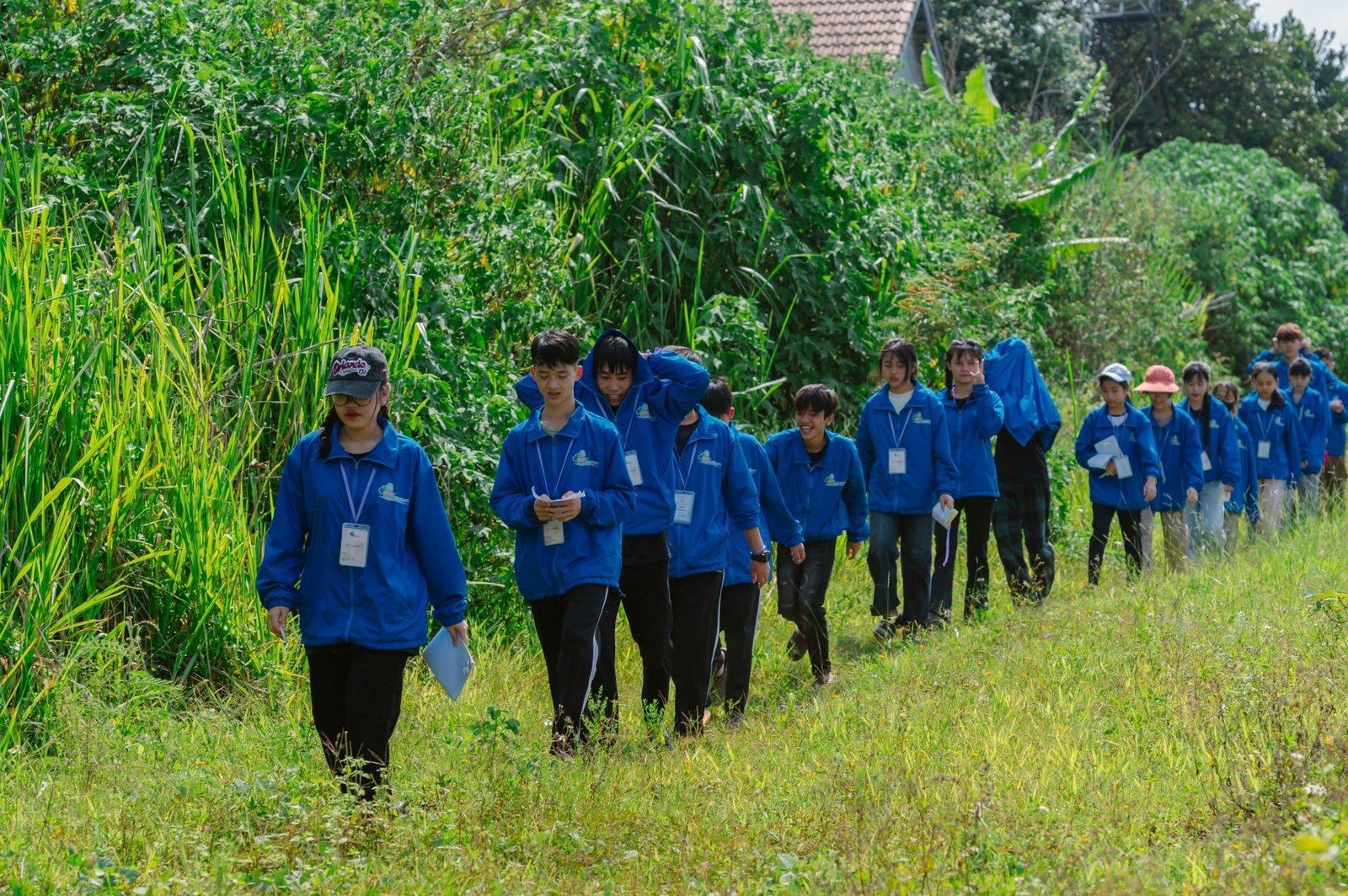There is growing concern in the academic community as Canadian academics are urged to avoid travel to U.S. destinations. This surprising advisory stems from a combination of factors, creating uncertainty for researchers and educators. Consequently, many are now questioning the safety and feasibility of attending conferences or collaborating with peers across the border. This article explores the reasons behind this warning and what it means for you.
What Prompted This Travel Warning for Academics?
The recent advisories are not based on a single incident. Instead, they reflect a broader pattern of concerns raised by academic associations and universities. These organizations point to a shifting political and social climate in certain U.S. states. Therefore, they have decided to take a cautious approach to protect their members.
Furthermore, new state-level legislation in parts of the U.S. has been cited as a primary driver. These laws touch upon topics frequently discussed in academic circles. This raises fears of potential legal complications or professional backlash for visiting scholars. The situation remains fluid, which adds another layer of complexity for travelers.
Why are canadian academics urged to avoid travel to u.s. Specifically?
The core of the issue lies in specific risks that disproportionately affect the academic community. Unlike tourists, academics often travel to engage in public discourse, present research, and teach on sensitive subjects. This public-facing role, as a result, can make them targets in polarized environments.
Key Areas of Concern Include:
- Targeted State Legislation: Some states have enacted laws that limit discussions on topics like gender identity, critical race theory, and reproductive rights. Academics working in these fields may face professional or even legal risks for their work.
- Increased Scrutiny at the Border: There have been reports of Canadian academics facing prolonged questioning at U.S. entry points. Border officials have sometimes inquired about their research topics and political views, causing delays and anxiety.
- Personal Safety and Discrimination: Concerns have also been raised about the personal safety of academics from marginalized groups, including LGBTQ+ and racialized individuals, in certain regions.
What Are the Official Recommendations and Alternatives?
In response, academic institutions and associations are providing clear guidance. For example, some universities suggest their faculty and students reconsider non-essential travel to specific states. They also recommend seeking alternatives to in-person events whenever possible.
Here are some common recommendations:
- Attend Conferences Virtually: Whenever possible, participating online is the safest option. Many event organizers now offer robust hybrid models in response to these concerns.
- Choose Conference Locations Wisely: Organizers are being encouraged to host future events in states without restrictive laws or to move them to Canada entirely.
- Consult University Resources: Before planning any trip, academics should consult their institution’s travel advisory board or legal department for the most up-to-date advice.
Ultimately, the decision to travel rests with the individual. However, being fully informed of the potential risks is crucial for making a safe choice and protecting one’s professional well-being.



